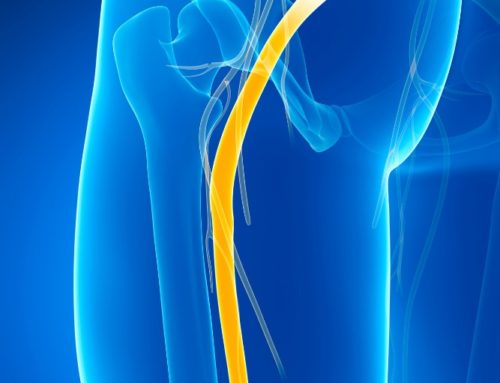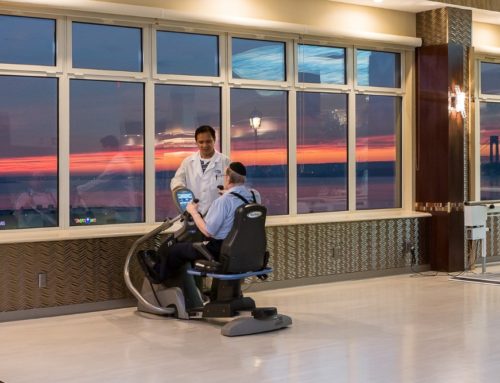The heart and kidneys work in tandem to ensure our bodies function well. They are interconnected systems and a disorder in one or other may lead to a condition called cardiorenal syndrome. This is an umbrella term for heart and kidney problems and how one can affect the other.
Haym Salomon Home for Nursing & Rehabilitation’s friendly and professional medical staff offer personalized cardiac and renal care in Brooklyn NY. These treatments in addition to rehabilitation therapies help minimize hospital readmissions.
We have state-of-the-art equipment for carrying out complex tests. Also, we are used to managing and treating the different types of cardiorenal syndrome.
The precise nature and causes of this life-threatening syndrome are still poorly understood. However, an acute long-term dysfunction of the heart may give rise to kidney problems and vice-versa. And renal dysfunction is common in elderly patients with heart problems.

Early diagnosis is critical and that is why it is so important to see a doctor if you suspect anything. Tests for diagnosing this condition will likely involve giving blood and urine samples, as well as X-rays or CT scans. Cardiorenal syndrome is most often seen in older people.
If you have problems with your heart and passing urine, seek medical advice – this article is for educational purposes only.
What Causes Cardiorenal Syndrome?
There are at least three types of this syndrome – including acute, chronic, and secondary. Kidney disease may be one of the causes, but cardiac problems may also affect renal function. For instance, congestive heart failure or myocardial infarction can lead to lower kidney blood flow, which can initiate kidney diseases.
The causes are, therefore, complex and involve dysfunction of either the kidneys, heart, or both. Acute or chronic diseases may affect one organ and lead to problems in the other.
What are the risk factors?
Risk factors that may lead to cardiorenal syndrome include old age, dehydration, congestive heart failure and heart attacks. Others are chronic kidney disease and conditions such as anemia, diabetes, and hypertension.
What are the signs and symptoms?
One of the problems with diagnosing this condition is that symptoms are similar to those for many other ailments. General symptoms of cardiorenal syndrome are:
- Fatigue
- Nausea,
- Dizziness,
- Sweating
Heart-related symptoms include chest pain, palpitations, shortness of breath and irregular heartbeats. Renal or kidney-related symptoms include low urine output, the presence of blood in the urine, or lower back pain.
Treatment for cardiorenal syndrome
Treatment will vary from person to person and depend on their medical history and current health. Management of this syndrome focuses on improving heart function while also dealing with chronic kidney disease. There is no one-size-fits-all medication or treatment. However, as with many other conditions stress can aggravate it. That’s why management strategies for the syndrome involve emotional support and stress-busting activities.
Contact us if you would like to find out more about services. We are here to answer any questions and concerns you may have. Feel free to walk in to see the facilities and ask your questions.
This content comprises informative and educational resources only and can not be considered as a substitute for professional health or medical guidance. Reliance on any information provided in this article is solely at your own risk. If you have any inquiries or apprehensions about your medical condition or health goals, talk with a licensed physician or healthcare provider.






Leave A Comment